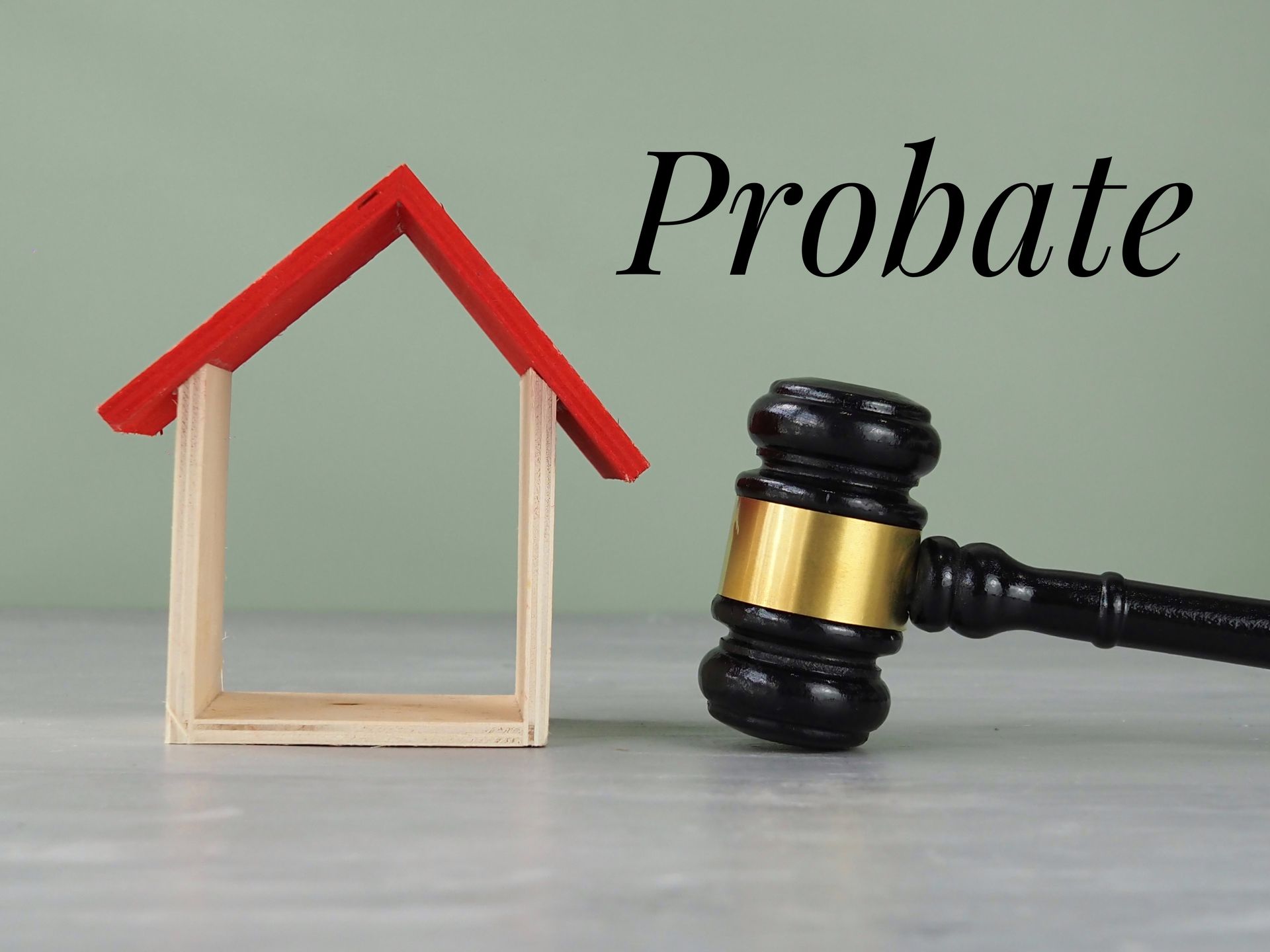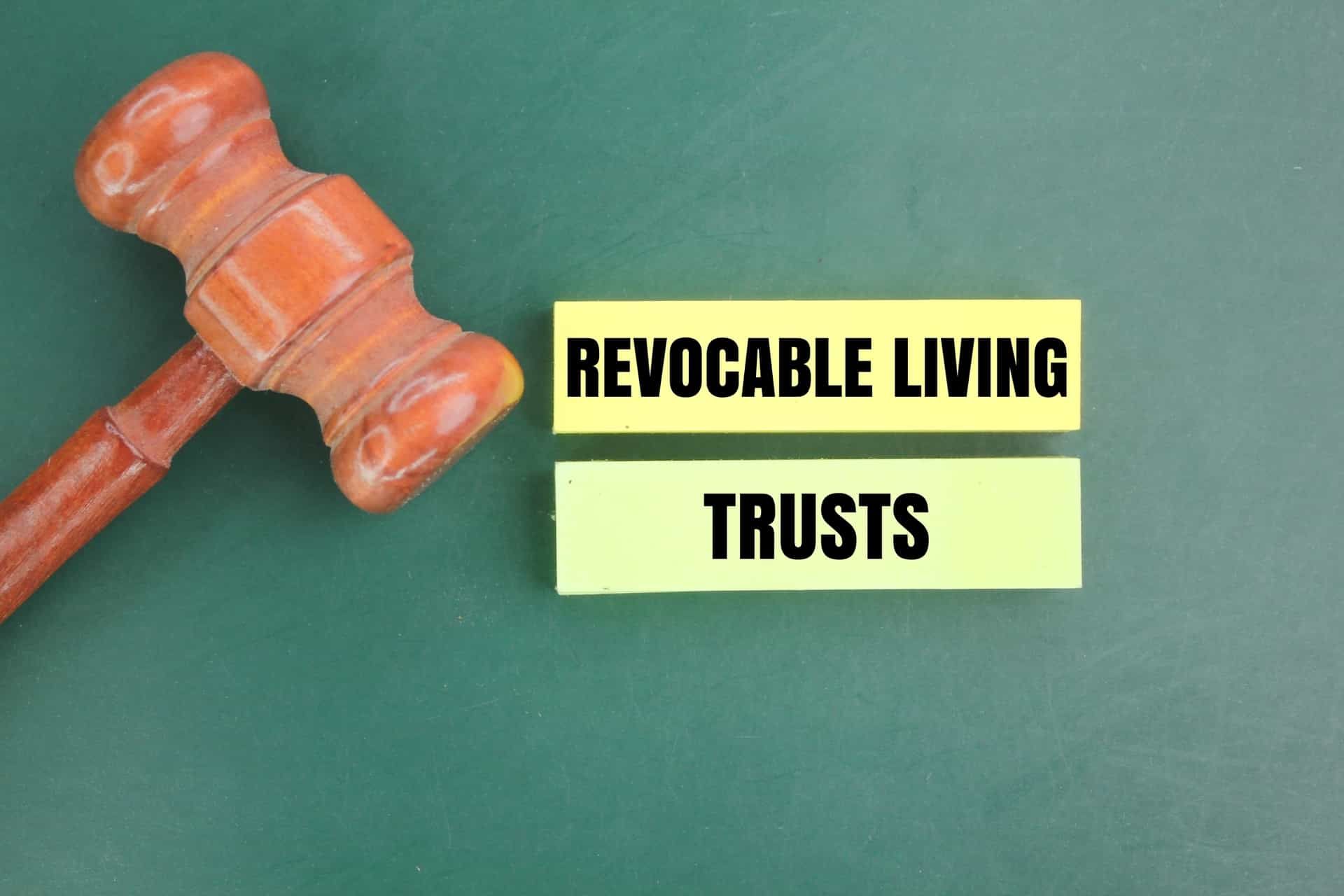Exploring the Financial Aspects of Child Guardianship: Do You Get Paid?
Child guardianship is a legal status that entails caring for a child and making important decisions on their behalf. It is a considerable commitment, involving not just the child’s emotional and physical well-being but also their financial and legal affairs.
A common query that arises when exploring this topic is: do you get paid for guardianship of a child? We’re exploring this question in depth, so join our discussion to learn all you
need to know about child guardianship and paid wages.
Unraveling the Concept of Child Guardianship
Child guardianship allows an individual or couple to provide for the welfare and needs of a child when the biological parents are unable to do so. The appointed guardian assumes the responsibilities of a parent, caring for the child’s education, health, and general upbringing.
The nature of this legal role often raises questions about the financial implications and benefits for the guardian, including whether they receive any form of payment for their role.
The Economics of Guardianship: Do You Get Paid?
Guardianship, in the general sense, is not a salaried position. Those who assume guardianship of a child do not typically receive a regular income in the form of a salary or hourly wage for their services. This is a common misconception and can cause confusion when considering the financial aspects of guardianship.
However, this doesn’t mean that guardians are left unsupported in their role. There are mechanisms in place to ensure that guardians are not financially disadvantaged.
For example, guardians can receive reimbursement for expenses incurred in the process of fulfilling their guardianship duties. These expenses could include transportation to medical appointments, schooling costs, or other necessities directly related to the child’s care.
The source of such reimbursements typically originates from the child’s estate, especially in cases where the child has substantial assets. In other instances, the state might provide financial assistance.
The specific nature and extent of these reimbursements depend largely on individual circumstances and the legal framework of the jurisdiction.
In certain situations where the child’s estate is significantly sizable, a court might deem it appropriate to grant the guardian reasonable compensation for their efforts. This compensation is distinct from expense reimbursements and is more akin to a fee for services rendered.
“Reasonable compensation” is a flexible term and can differ significantly from case to case. The court holds discretion in defining what is reasonable, taking into account various factors like the extent of the guardian’s responsibilities and the child’s capacity for self-care.
This could be a percentage of the child’s annual income or an amount that the court determines fitting based on the specifics of the situation.
Guardians who also manage the child’s financial accounts must maintain meticulous records of income and expenses. This is to ensure transparency and to prevent misappropriation of the child’s funds. Courts regularly review these financial records to safeguard the child’s financial interests.
Bottom line; while guardianship isn’t a traditional paying job, there are financial provisions in place to ensure that guardians are able to perform their role without undue financial strain.
The Pros and Cons of Guardianship: A Balanced View
Deciding to become a guardian is a decision of great significance, demanding careful consideration and thoughtful deliberation. This responsibility comes with both remarkable rewards and inevitable challenges. Understanding these advantages and potential difficulties is integral to making an informed decision.
The Upside: Benefits of Guardianship
The advantages of assuming guardianship are manifold, and they center on the potential to significantly improve a child’s life.
Enhancing the Child’s Life: As a guardian, you’re in a unique position to provide stability and nurturing care to a child who may lack these crucial elements. This guardianship role can positively influence the child’s upbringing, ensuring they grow in a secure and loving environment.
Legal Authority: Guardianship grants legal rights to make pivotal decisions on the child’s behalf pertaining to their education, healthcare, and overall well-being. This authority helps in guiding the child’s life choices and future direction.
Financial Assistance: As a guardian, you might be eligible for financial aid or reimbursements to cover the child’s living and developmental expenses. This financial provision helps to defray some of the costs associated with raising a child and can ease the financial burden for the guardian.
The Flip Side: Challenges of Guardianship
While the benefits of guardianship are profound, it’s essential to be aware of the potential downsides that accompany this responsibility.
Long-Term Commitment: Guardianship can extend from a few weeks to many years, depending on the situation. This commitment can prove to be demanding and might affect other areas of the guardian’s life, such as personal goals, career aspirations, and relationships.
Potential Legal Complications: The process of acquiring guardianship involves navigating the legal system, which can be complicated and time-consuming. This might include court hearings and compliance with specific legal requirements.
Heightened Responsibility: Being a guardian involves an enormous amount of responsibility. This role requires more than simply caring for the child; it involves making significant decisions that impact the child’s future. The gravity of this responsibility should not be underestimated.
Becoming a guardian is a role imbued with immense potential for both reward and challenge. The decision to assume this responsibility should not be taken lightly—all aspects should be weighed and considered before embarking on this life-changing journey.
Final Thoughts: Understanding the Full Picture
When it comes to the question, do you get paid for guardianship of a child, the answer isn’t a straightforward yes or no. Financial aspects can vary greatly depending on individual circumstances, legal jurisdictions, and specific court rulings.
However, it’s clear that while guardianship isn’t a paid position per se, there are mechanisms in place to ensure that the financial obligations of guardianship are not overly burdensome.
Becoming a guardian is a deeply personal decision, one that requires a comprehensive understanding of the responsibilities and potential financial impacts. With careful consideration and thorough understanding, the choice to become a child’s guardian can become one of the most rewarding journeys a person can embark upon.
Note:
The information in this blog post is for reference only and not legal advice. As such, you should not decide whether to contact a lawyer based on the information in this blog post. Moreover, there is no lawyer-client relationship resulting from this blog post, nor should any such relationship be implied. If you need legal counsel, please consult a lawyer licensed to practice in your jurisdiction.
Disclaimer: The information on this website and blog is for general informational purposes only and is not professional advice. We make no guarantees of accuracy or completeness. We disclaim all liability for errors, omissions, or reliance on this content. Always consult a qualified professional for specific guidance.
RECENT POSTS






